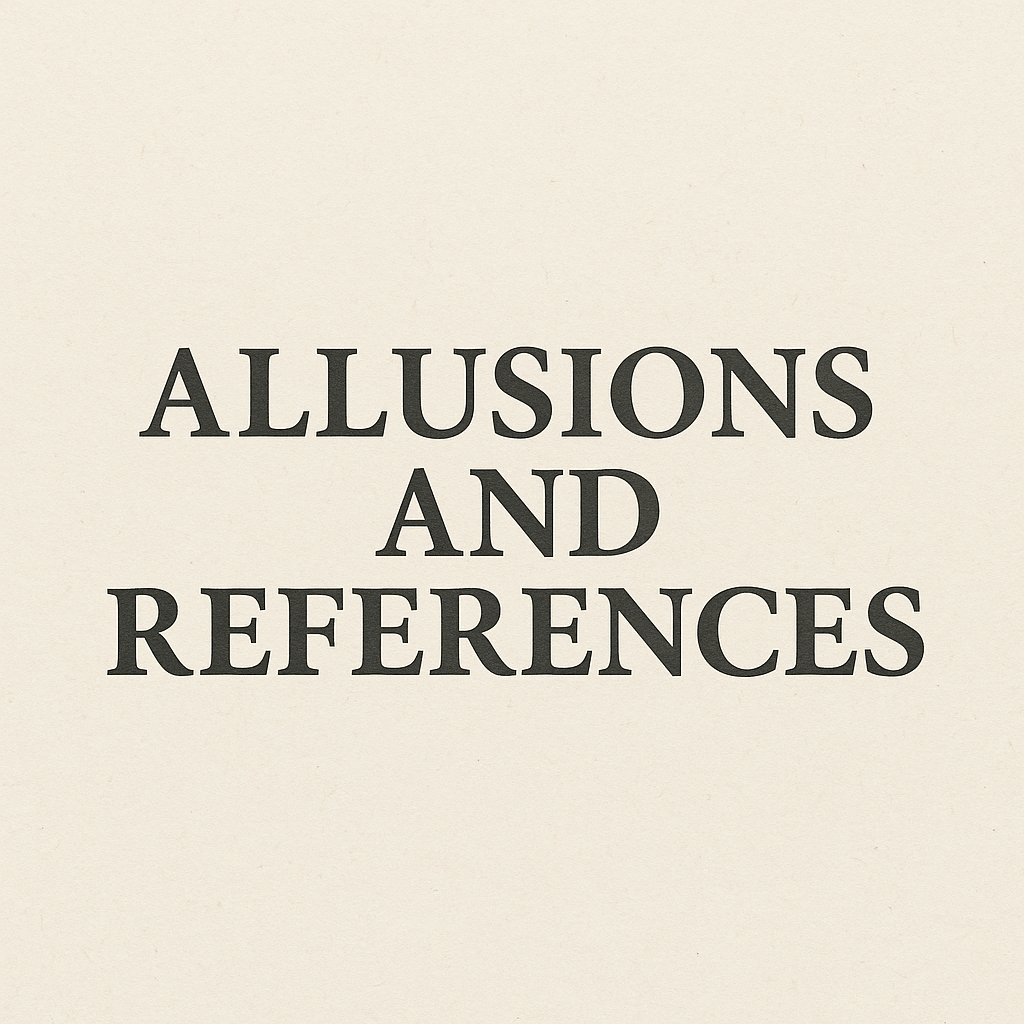Introduction
The presence of classical allusions and mythology in The Book of the Duchess is both deliberate and powerful. Chaucer’s references to Greek and Roman myths enrich the emotional depth of the poem. Moreover, these mythological elements help readers interpret the psychological and spiritual dimensions of grief and loss. In fact, Chaucer’s use of classical allusions and mythology offers timeless resonance by linking medieval emotion to ancient stories. As we explore the poem, it becomes clear that classical allusions and mythology are not decorative. Instead, they shape the tone, symbolism, and intellectual framework of the entire work.
Purpose of Classical Allusions and Mythology
Chaucer does not insert myths at random. Instead, he uses allusions and mythology to guide readers through layered meanings. These references connect the characters’ emotions to archetypal experiences. In doing so, classical allusions and mythology transform a personal story into a universal one.
Additionally, classical myths serve as literary shorthand. Readers familiar with stories of Orpheus, Morpheus, or Ceyx and Alcyone can immediately grasp deeper meanings behind the poem’s characters. Therefore, the technique of allusions and mythology streamlines communication while enriching it.

Use of Morpheus in the Poem
Morpheus as God of Sleep
One of the most significant uses of classical allusions and mythology appears in the depiction of Morpheus. As the god of dreams in Roman mythology, Morpheus is essential to the dream-vision structure of the poem. He is summoned to help the narrator finally find sleep after prolonged insomnia. This choice is fitting because classical allusions and mythology often represent psychological states. Morpheus embodies escape, rest, and access to hidden truths.
Transition to the Dream World
Chaucer’s narrator crosses into a dreamscape that allows for emotional revelations. Importantly, this dream is not mere fantasy—it reflects internal conflict. By invoking Morpheus, Chaucer emphasizes that the dream world has spiritual and psychological weight. Clearly, classical allusions and mythology work here to blend medieval Christian ideas with ancient Roman traditions.
Ceyx and Alcyone: A Tale of Grief
Retelling a Classical Myth
The story of Ceyx and Alcyone is perhaps the most elaborate example of classical allusions and mythology in The Book of the Duchess. It opens the poem and sets the tone of tragic love. According to legend, Ceyx dies at sea, and Alcyone learns of it only through a dream. This direct retelling provides an emotional mirror to the Black Knight’s own loss later in the poem.
Emotional Foreshadowing
This myth is not simply an introduction—it functions as foreshadowing. Readers who understand the fate of Ceyx and Alcyone will anticipate that the Black Knight also grieves a lost lover. Therefore, allusions and mythology enhance narrative structure, offering a subtle forecast of emotional events.
The Role of Fortune and Fate
Many classical myths revolve around uncontrollable fate. Similarly, in The Book of the Duchess, Chaucer invokes ideas of Fortune. The Black Knight views life as subject to unpredictable turns of luck. This outlook reflects a classical worldview, where even heroes fall due to fate.
Thus, use of allusions and mythology supports the poem’s themes of helplessness and mourning. By echoing the tragic inevitability of ancient myths, Chaucer underscores the universality of human suffering.
Symbolic Power of Mythological References
Myth as Emotional Amplifier
The emotional intensity of Chaucer’s characters gains strength through classical allusions and mythology. When the Black Knight compares Blanche to mythic figures, he places her in a realm of idealized beauty and virtue. This elevates her memory while connecting her to legendary women of antiquity.
Myth and Timelessness
Moreover, these allusions and mythology stretch the emotional landscape of the poem beyond its immediate medieval setting. These references make the narrative timeless. Readers in any era can relate to the mythical themes of love, loss, transformation, and fate.
Integration with Christian Thought
It’s worth noting how Chaucer blends all these allusions and mythology with Christian ideas. Though Morpheus and Alcyone are pagan figures, their roles are not contradictory to medieval theology. Instead, Chaucer uses them as poetic tools to illustrate spiritual truth. The grief of the Knight and the dream vision itself both suggest a journey toward emotional healing—something compatible with Christian ideas of redemption.
This merging of systems makes classical allusions and mythology even more powerful, as they serve dual functions: literary and moral.
Impact on Literary Style
The elegance of Chaucer’s verse owes much to the inclusion of classical allusions and mythology. These references lend intellectual depth and poetic weight to the narrative. By choosing to include mythological figures, Chaucer aligns himself with classical traditions, thereby raising the literary prestige of his poem.
His sophisticated blending of old and new makes classical allusions and mythology essential to the poem’s identity. They are not side notes—they are core elements that shape the poem’s voice and aesthetic.
Conclusion
To conclude, classical allusions and mythology are central to understanding The Book of the Duchess. From Morpheus to Ceyx and Alcyone, Chaucer uses myth to enhance symbolism, emotional depth, and narrative structure. These ancient stories guide readers through the poem’s themes of love, grief, fate, and healing. Because of this, classical allusions and mythology are not just decorative—they are vital to the poem’s spiritual and literary power. Chaucer’s creative fusion of medieval and classical worlds invites readers to engage with the poem on multiple levels, making it a lasting work of art.
English Literature: http://www.englishlitnotes.com
English Notes for All Classes: http://englishwithnaeemullahbutt.com
Characterization in The Book of the Duchess: https://englishlitnotes.com/2025/05/08/characterization-in-the-book-of-the-duchess/
Discover more from Naeem Ullah Butt - Mr.Blogger
Subscribe to get the latest posts sent to your email.
